Research Centers
The National Institutes of Health (NIH) awarded grants to three Collaborative Research Centers (CRCs) and one Data Management Coordinating Center.

In our three main projects, we will explore the role of infection and immunity in ME/CFS, work to understand the roles of metabolomics and gene expression in ME/CFS, and work with the ME/CFS community and clinicians to design a mobile app ("myME/CFS") to help patients and physicians acquire valuable longitudinal data and personally as well as clinically manage the illness.
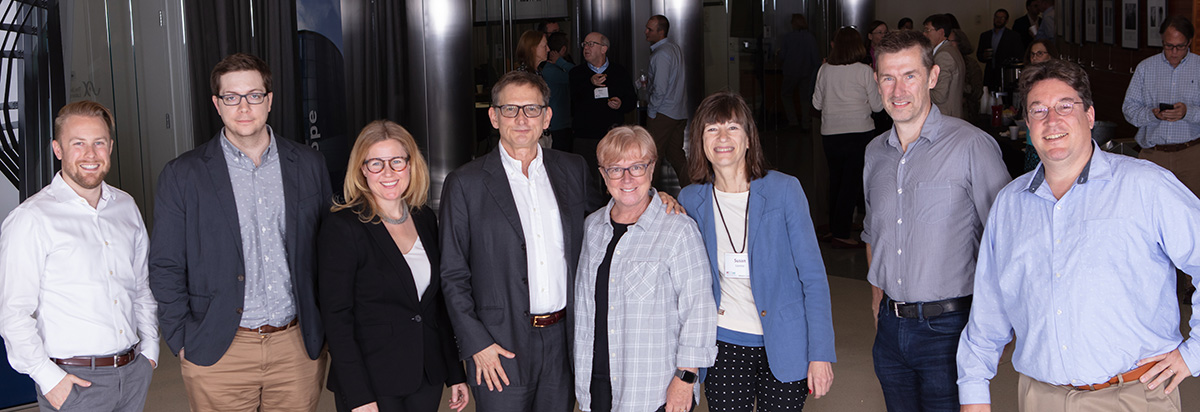 The Columbia Center for Solutions for ME/CFS team
The Columbia Center for Solutions for ME/CFS team
Partnerships
Columbia University proudly partners with Solve ME/CFS Initiative and #MEAction to encourage community involvement in its research efforts. Please visit the Community Page of the CfS for ME/CFS website on the Center for Infection and Immunity's website for more information about community outreach and resources.




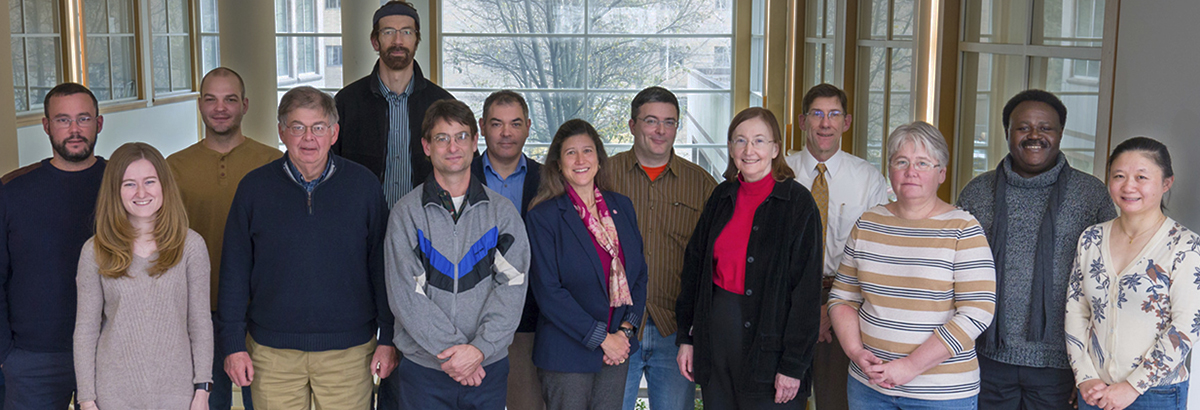 The Cornell ME/CFS CRC team Credit: Dave Burbank, Cornell Photography
The Cornell ME/CFS CRC team Credit: Dave Burbank, Cornell Photography
Partnerships
Cornell University and Weill Cornell Medicine are collaborating with Ithaca College, where the Clinical Core of the Center is located, and with Frank Schroeder, PhD, of Cornell's Boyce Thompson Institute. Physicians Susan Levine, Geoffrey Moore, and John Chia are screening individuals for inclusion in the studies. Betsy Keller, PhD, co-directs the Clinical Core at Ithaca College with Geoffrey Moore, MD. The Cornell CRC is also partnering with Solve ME/CFS Initiative and the American ME and CFS Society to encourage community involvement in research and outreach efforts.
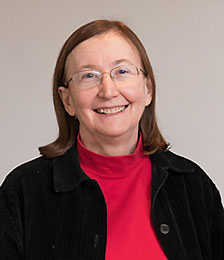 Photo by Dave Burbank
Photo by Dave Burbank
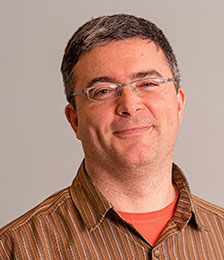 Photo by Dave Burbank
Photo by Dave Burbank
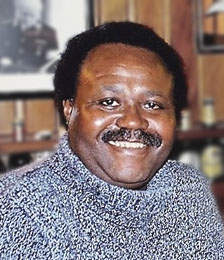
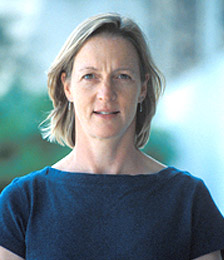



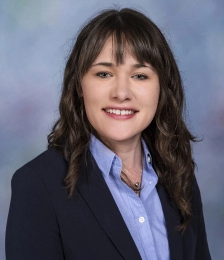
Dr. Maureen Hanson on Immune System Function of ME/CFS at Inaugural Harvard Symposium

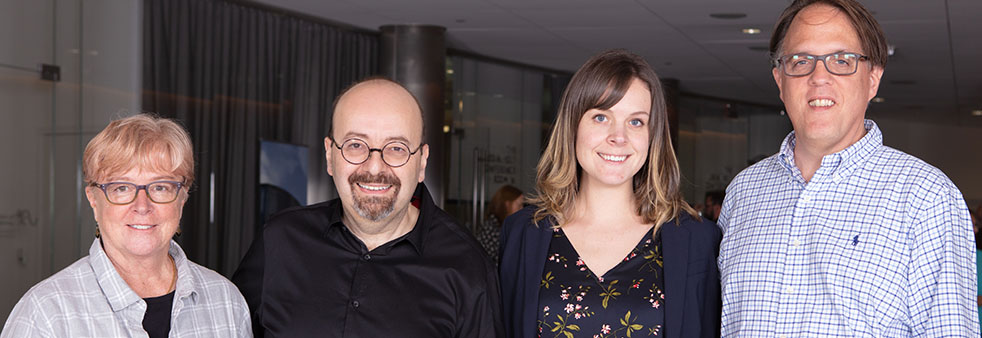 The Jackson Laboratory ME/CFS Research Team
The Jackson Laboratory ME/CFS Research Team
Partnerships
JAX and the Bateman Horne Center are clinical partners for ME/CFS research; the Bateman Horne Center's clinical research is jointly led by Lucinda Bateman, MD, and Suzanne Vernon, PhD.





Solving the Mystery of Chronic Fatigue Syndrome
Research into the Microbiome for ME/CFS

 RTI Data Management and Coordinating Center team
RTI Data Management and Coordinating Center team
Partnerships
RTI is partnering with Solve ME/CFS Initiative to engage the patient community in its research efforts.


Funding provided through grants U54-AI-138370, U54-NS-105539, U54-NS-105541, and U24-NS-105535 supported by:
National Center for Advancing Translational Sciences (NCATS)
National Center for Complementary and Integrative Health (NCCIH)
National Heart, Lung, and Blood Institute (NHLBI)
National Human Genome Research Institute (NHGRI)
National Institute of Allergy and Infectious Diseases (NIAID)
National Institute of Arthritis, Musculoskeletal and Skin Diseases (NIAMS)
National Institute of Mental Health (NIMH)
National Institute of Neurological Disorders and Stroke (NINDS)
National Institute on Alcohol Abuse and Alcoholism (NIAAA)
National Institute on Drug Abuse (NIDA)
Office of the Director (OD)
What is ME/CFS?
Myalgic Encephalomyelitis (ME), also referred to as Chronic Fatigue Syndrome (CFS), is a multi-system disease that causes dysfunction of the neurological, immune, endocrine, and energy metabolism systems.

